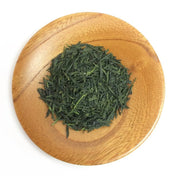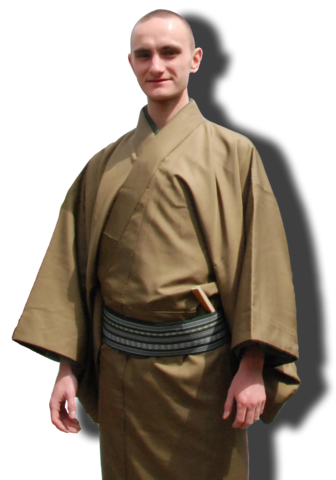
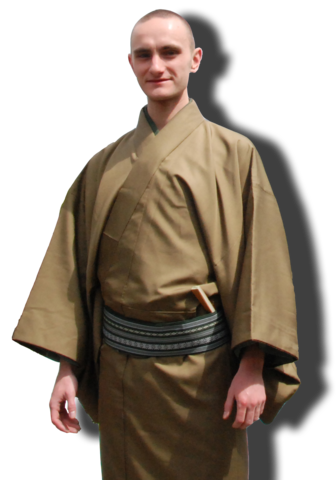
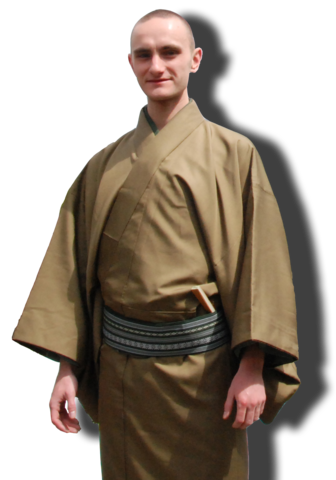
The Tea Crane
(0 products)
About the Mountain Tea™ Collection
This “Mountain Tea”-series is constituted of teas cultivated on a farm situated in Tsukigasé, Nara Prefecture. The farm has been producing organic teas since 1984. The owners nurture their bushes without using either pesticides or chemical fertilizers, and thus provide teas that are both safe and unsullied: free of anything known to be unhealthy, and uncontaminated as to flavor.
After thirty years of serious experimentation, and having realized that Camellia sinensis (the plant from which green tea is obtained) needs no artificial nourishment, they have in short rethought the essentials of tea-cultivation – these farmers concluding that it cannot but be a healthy environment and naturally-supportive soil that together can best encourage tea-bushes to put forth truly-delicious leaves.
In 2011, however, in quest of an even greater purity of quality, these growers abandoned use of animal-waste as fertilizer, thenceforth employing only forest-litter. Since then, this unusual tea-plantation has – gradually yet steadily – become transformed.
A dense blanket of natural litter is now spread along the harvesters’ paths running between the rows of bushes, this there left gradually to reach that degree of decomposition which allows tea-plants to absorb the nutrients thus provided. In other words, having managed to reject false agricultural “common sense”, and having instead learned indeed to trust even robust branches to decompose of their own accord, and into a source of sustenance for whatever grows nearby, these devoted cultivators have by now identified the crux to true tea-farming.
Two further factors, both decisively characterizing the region in which this tea is cultivated, are the length, and the sheer severity, of its winters. These decree that harvest is appropriate only a fortnight – or sometimes even a whole month – after the rest of Japan has started to pick its tea. These hardy plants are, however, deliberately left without the slightest of artificial aids that might insulate them from the damage that frost can inflict. Hence, they are left to rely upon their own, natural powers of resistance; and this only strengthens their innate sturdiness.
To specify, nurtured in this Spartan manner, the twigs supporting the leaves grow more densely, and this is how each tea-plant is encouraged to utilize less energy, increase in robustness, and put forth leaf that does that plant – and the eventual drinker – full justice.
About the Signature Collection
It should be plainly acknowledged that the advent of chemical-additive-based agricultural technology has largely corrupted the cultivation of tea – and, along with that, to no lesser an extent have the palates of most habitual consumers of Japanese tea become equally corrupt.
As a result, if an unnaturally-rounded, exaggerated sweetness – induced in tea-leaf by hefty doses of amino acids to its roots – is absent, that leaf is very likely to be rejected by the undiscerning majority of drinkers (much as Chinese cuisine prepared without monosodium glutamate will in its very purity of flavor be found – by all too many fans of that kind of food – merely disappointing). Again, if the price of tea-leaf rises ‘unreasonably’ because relinquishment of pesticides makes tea-cultivation once more far more labor-intensive than is now the case on standard, non-organic tea-plantations, there will be considerable discontent.
On the other hand, 160 years ago, at least the wealthier among Japanese consumers were delighted by, and contented with, somewhat pricey green tea-leaf that had not been doped into exerting any artificial appeal. This is not, let me point out, because they merely ‘did not know any better’; far from it: what they did not know – and what the modern consumer has unfortunately come to know all too well – is ‘any worse’.
While I am strongly drawn to tradition, this is not for its own sake, or even for the sake of its mere antiquity: rather, it is because tradition so often preserves practices that, in many areas of life and in the best instances of tradition, have usefully been tested and revised, tested and revised again, over properly-substantial extents of time.
In Japan, it was just over a century ago that an unfortunate ‘modernization’ of tea-production began. It has subsequently taken almost all of the time that has since then elapsed for even a minority of tea-cultivators Japan to begin to question contemporary ‘common sense’, concerning the acceptability of the results of ‘economical’ and ‘efficient’ production, of a tea-leaf that merely charms with a specious lushness of flavor, but is cultivated at a considerable cost to the environment – of which its consumers’ vulnerable bodies are of course one part.
‘Time-tested’, we will say, of some established practice upon which we feel we can confidently place reliance. Tradition is another name for that filter which is provided by time – or, rather, by adequate swaths of time during which some activity or practice has been carried on.
This is one reason for which I wish, through The Tea Crane, to acknowledge, honor, and support the inspiration and the unstinted labors of that tiny body of small, independent, local Japanese tea-farmers who now are refusing to give all precedence to profit and ease, and instead continue to pursue thoroughly traditional methods of production, and thereby provide teas that are both safe and uncorrupt, and why I further wish to share their remarkably-delicious products with tea-lovers both within Japan and all across the globe.
Brew a pure tea; savor a pure moment.
Such is The Tea Crane’s mission.
About the Shop Owner & Japanese Tea Expert
Created with flickr slideshow.
Tyas Huybrechts
ハーブレヒツ ティアス
Japanese Tea Instructor Certified by the Nihoncha Instructors Association.
日本茶インストラクター協会認定 日本茶アドバイザー(ア15-9791)
Qualified Instructor in the Way of Tea as taught by the Enshu school.
Granted tea name: Tangetsu'an Sosen
遠州流茶道師範 淡月庵宗筅
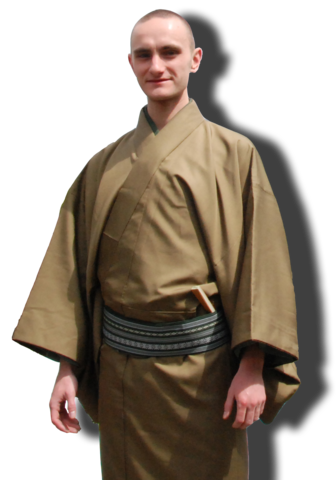
- Featured
- Best selling
- Alphabetically, A-Z
- Alphabetically, Z-A
- Price, low to high
- Price, high to low
- Date, old to new
- Date, new to old
No products found

